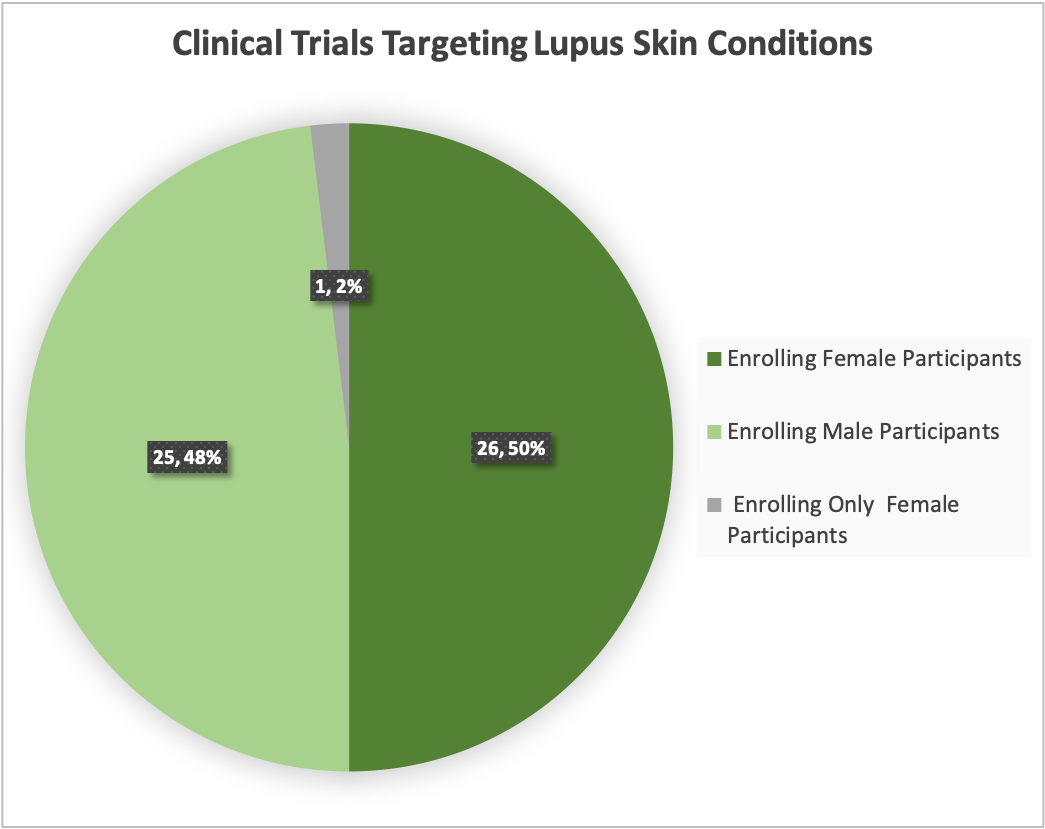Managing Eye Symptoms in Discoid Lupus
Discoid Lupus Erythematosus (DLE) is a chronic autoimmune condition primarily affecting the skin, but its impact can extend to the eyes and surrounding areas. Like other forms of lupus that affect the skin, managing symptoms such as dry eyes, puffy eyelids, and eye rashes can be challenging for those living with Discoid Lupus. This article explores how DLE affects the eyes, common symptoms, and practical strategies for relief.

How Does Discoid Lupus Affect the Eyes?
Discoid Lupus primarily causes skin lesions, but inflammation associated with the disease can lead to various eye-related issues. These symptoms range from mild discomfort to more severe conditions that may impact eyesight.
Common Eye-Related Symptoms in Discoid Lupus
- Dry Eyes: Inflammation can reduce tear production, leading to dryness and discomfort.
- Puffy Eyelids: Inflammation or fluid retention can cause noticeable puffiness, especially in the morning.
- Eye Rashes: Red, scaly patches on the eyelids or surrounding skin, often worsened by sun exposure due to photosensitivity.
- Dark Eyelids: Hyperpigmentation resulting from inflammation or disease side effects.
- Light Sensitivity: Increased sensitivity to bright light (photophobia), requiring protective measures.
- Swollen Eyes: Periorbital edema causing puffiness or swelling in the eye area.
- Bloodshot Eyes: Redness due to inflamed or dilated blood vessels.
Eye Problems and Lupus: Key Considerations
- Eye Floaters: Small, shadowy shapes in the field of vision. Sudden increases may signal serious issues like retinal detachment, requiring immediate attention.
- Eye Twitching: Often caused by stress, fatigue, or caffeine, though inflammation may also contribute.
- Vision Changes: Conditions such as optic neuritis (inflammation of the optic nerve) or scleritis (inflammation of the white of the eye) can lead to pain, blurred vision, or even vision loss.
Managing Eye Symptoms in Discoid Lupus
Managing these symptoms is essential to maintaining eye health and comfort. Your doctor may recommend regular blood tests to monitor your condition:
- For Dry Eyes: Use over-the-counter preservative-free artificial tears to relieve dryness. Employ a humidifier to add moisture to indoor air. Stay hydrated by drinking plenty of water.
- For Puffy Eyelids: Apply a cold compress to reduce swelling. Elevate your head while sleeping to prevent fluid retention. Limit salt intake to reduce fluid buildup.
- For Eye Rashes: Protect skin with sunglasses, wide-brimmed hats, and broad-spectrum sunscreen. Use fragrance-free skincare products to avoid irritation. Consult your doctor for topical treatments like corticosteroids.

Conclusion
Discoid Lupus can significantly affect the eyes, leading to symptoms such as dry eyes, puffy eyelids, and rashes. Proactively managing these symptoms is essential to maintaining eye health and improving quality of life. Your healthcare provider can help develop a comprehensive treatment plan that may include medications and lifestyle changes. Like other autoimmune conditions, early intervention and consistent monitoring are key to managing symptoms effectively. If you have concerns about your eye health or vision, consult your healthcare provider for personalized advice and treatment.
References:
- Lupus Foundation of America. "How Lupus Affects the Eyes." Lupus.org
- American Academy of Ophthalmology. "Lupus and Your Eyes: What You Should Know." AAO.org
- Johns Hopkins Medicine. "Lupus and Your Eyes: Understanding the Connection." HopkinsMedicine.org
- Mayo Clinic. "Discoid Lupus Erythematosus: Symptoms and Causes." MayoClinic.org